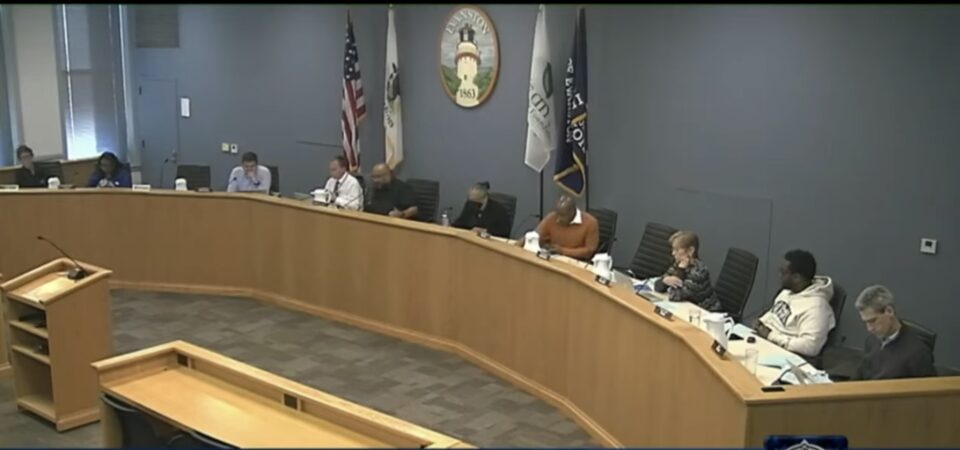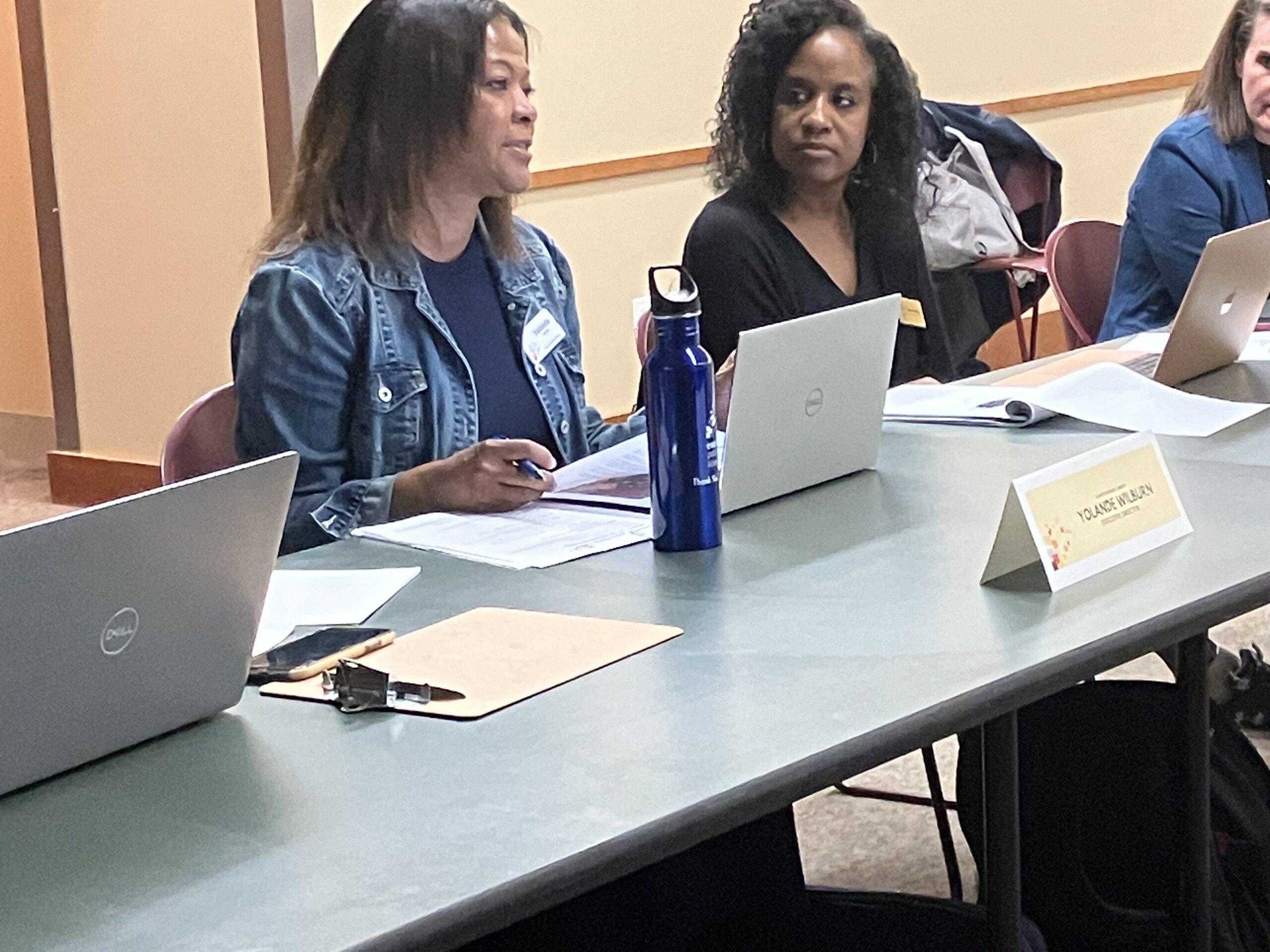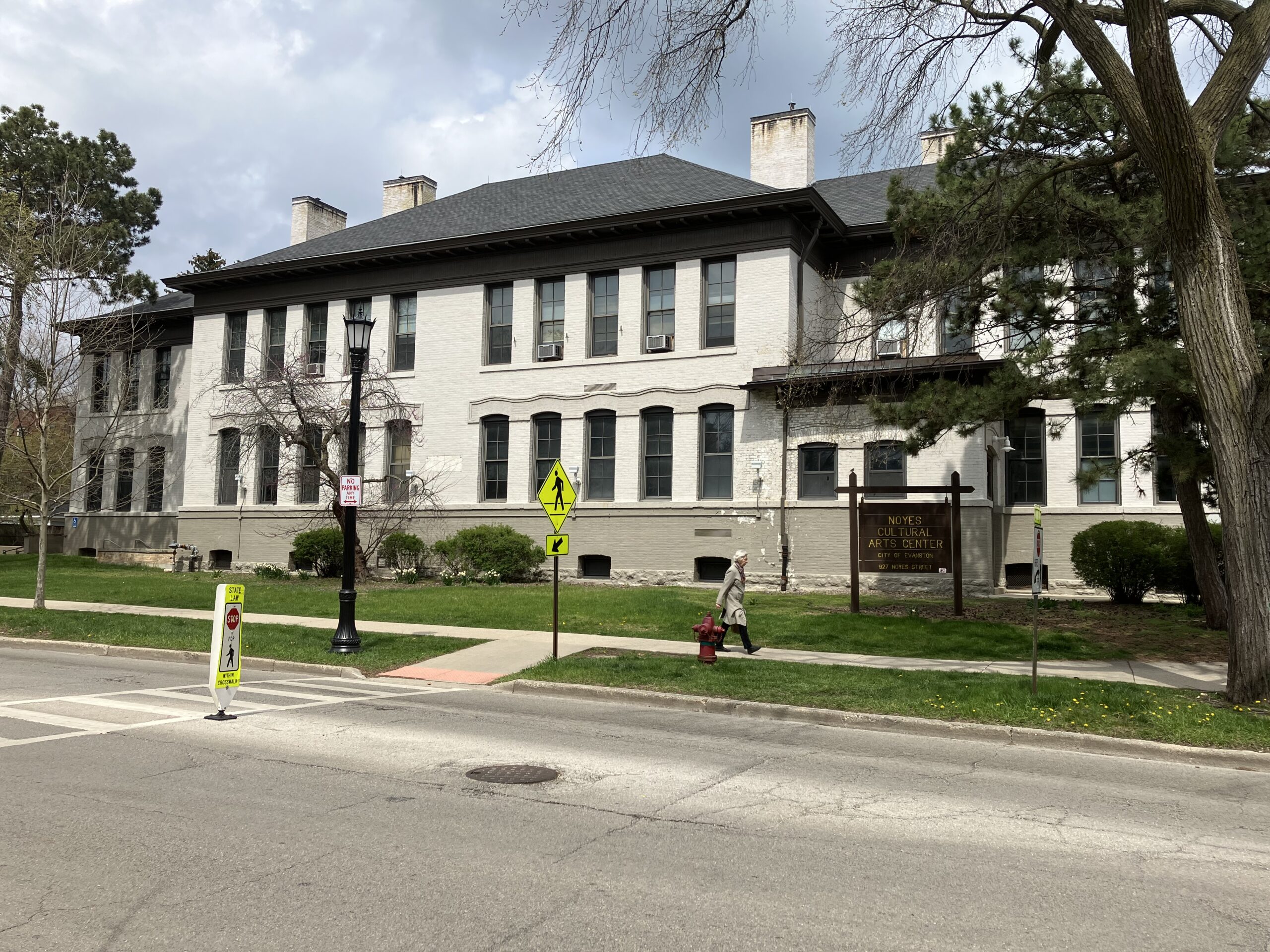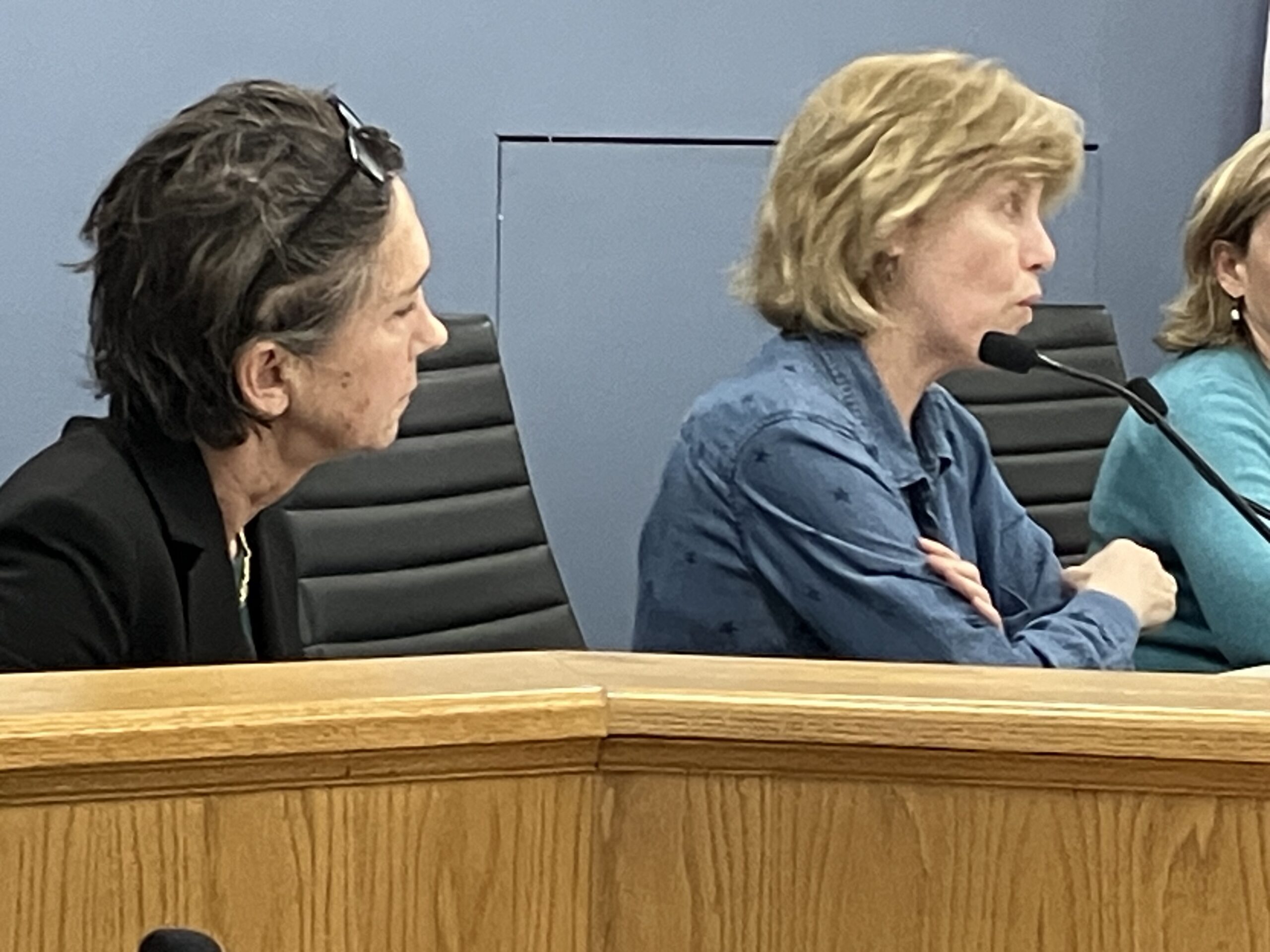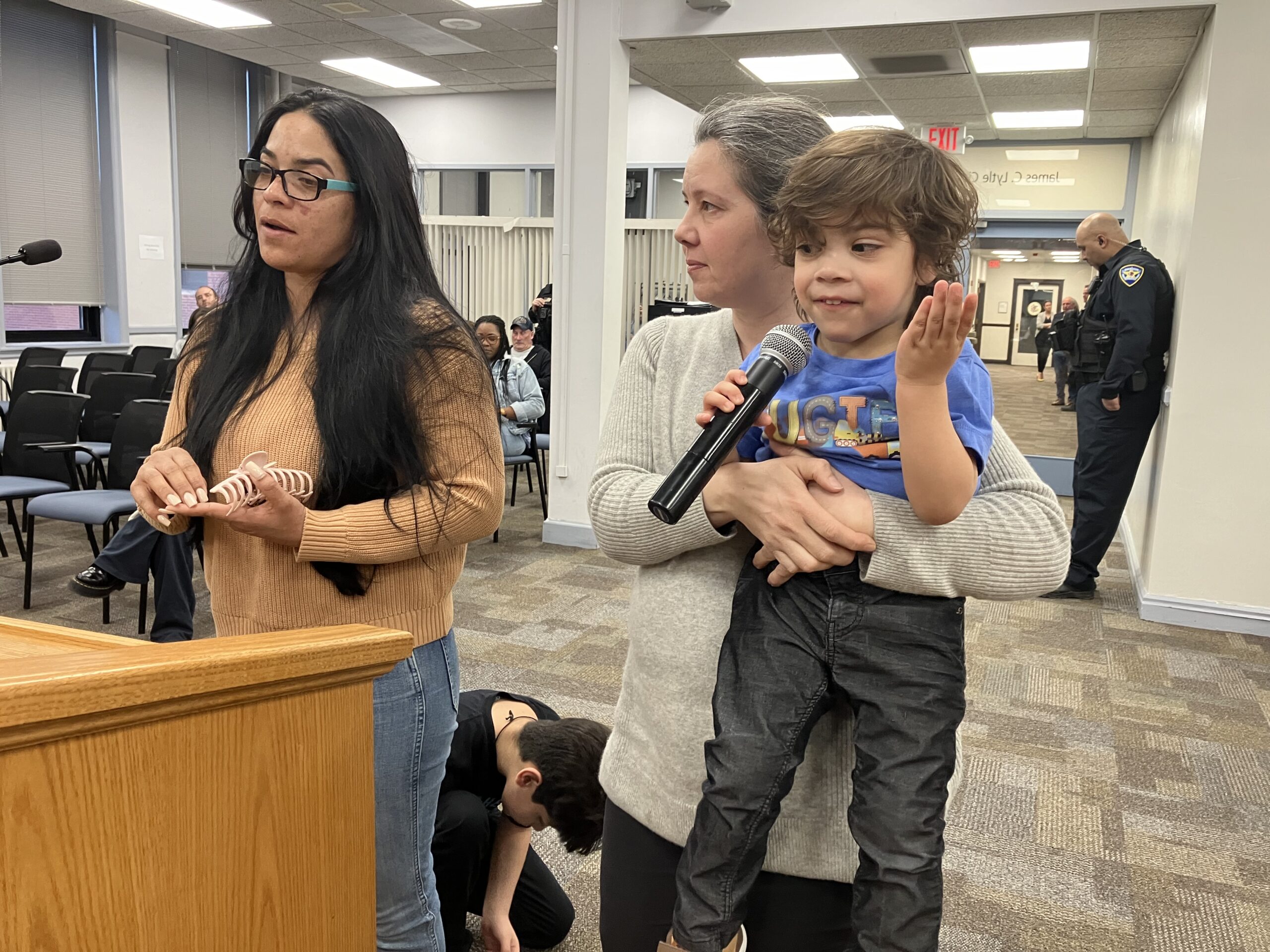By Bob Seidenberg
rseiden914@gmail.com
Evanston City Council members appeared open to a system that would rotate membership on the committee that helps set public discussion items. Two of the city’s Black Council members raised equity concerns about the process.
At the Council Rules Committee meeting Oct. 3, Bobby Burns, 5th Ward, and Devon Reid, 8th Ward, pressed for greater Council inclusion on the City Council’s Referrals Committee.
The committee was established after the seating of the new City Council in 2021. Mayor Daniel Biss serves as chair and Council members Thomas Suffredin, 6th, Ward and Eleanor Revelle, 7th Ward, are the other members.
Based on criteria previously established by the Council, Committee members consider agenda items suggested by the Mayor, a Council member or the City Manager.
The assessment criteria are detailed, and they include time-sensitivity, the scope of an issue, demand in staff resources, community interest, connection to existing policy and alignment with City or Council goals, or both. The Committee, which meets virtually the second and fourth Thursdays of the month, then will refer the item to a board, committee, commission with instructions as to what action to take.
At the Oct. 3 Rules Committee meeting Burns said there appeared to be Council support on two options for addressing the issue. Under one option, membership in the three-person Referrals Committee would rotate, giving other Council members a chance to serve.
Another option would keep the committee as it is, but any item that came in with co-sponsors would automatically move forward, meaning, Burns said, “a select number of Referrals Committee members are not making that determination of when an exception [to moving forward] “is applied.”
Process ‘unrepresentative”: Reid
Reid indicated he would be open to either course action but thought that expanding the Referrals Committee “makes sense to make the committee more representative of the city as a whole. …
“I represent the community with the largest Black population in the city,” he said. “I represent a Ward with some of the lowest income neighborhoods in our city. I personally am a young African-American male who is queer. I represent underrepresented communities and for a committee of three people who represent none of the communities I represent to pass [not act] on a proposal that I made or Council member Burns, [First Ward Alderperson Clare] Kelly, or anybody else here through the democratic process to me represents most of the values that I don’t think most Evanston residents wouldn’t espouse,” drawing a comparison with Mitch McConnell and Republican Congress members blocking then President Barack Obama’s appointment of a Supreme Court Justice.
Revelle noted that Referrals Committee was basically a brand new entity when it got started. Early on, “the committee basically referred all the issues that came to us to various committees, she said, but that didn’t necessarily mean they appeared on a committee agenda.”
She said the committee then charged Alison Leapsiger, the city’s Policy Coordinator, with the role of following up. “So I think it’s a misperception to say that the Referrals Committee is not allowing issues to get out of the committee and go to a committee,” she said.
Only so much bandwidth
Council member Jonathan Nieuwsma, 4th Ward, said he could get behind the co-sponsor idea.
Beyond that, “I just want to clarify the problem we’re trying to solve here,” he said to Rules Committee members. “It’s not to weigh in, in my opinion, on the validity of a referral – whether a particular referral is right or wrong.
“Really, the importance of the Referrals Committee process is to help us decide what’s worth spending our time on. We have limited time, we have limited money, and that applies to staff, that applies to City Council members. We have limited bandwidth, so we can’t do everything at once even if everything’s a good idea. And so the role of the Referrals Committee is to kind of triage and say, ‘Yeah, this is really important. We need to do this sooner rather than later. And then maybe there’s another idea that comes in, it might be worthy of consideration but it’s not a super pressing issue.”
Reid, who acknowledged earlier he’s the Council member who has made the most referrals, responded to the suggestion that staff time was being tied up over the proposals, maintained, “We just haven’t seen that.”
He noted that a Human Services Committee meeting, which was to take place before the Rules Committee meeting, had been cancelled for lack of items.
Going over the referrals he himself had made and that came up for a vote, he estimated that more than 60% had passed.
“So you know, I think this idea that there are ideas without merit from an elected representative of our small town, I think it is not a valid idea.”
With Council support seemingly lacking for expanding the Referrals Committee, Reid made a motion in support of a rule requiring the committee rotate on an annual basis, with only the mayor staying on. “I think that makes sense with the committee that has this kind of power and influence over the process.”
Mayor Biss, who sits on the Rules Committee as a participating member, suggested the Council member would not need a rule change to accomplish what he was trying to accomplish.
“Council member Reid, if you want to come back to the next Rules Committee meeting with a rotation plan for us to vote on, I think it makes perfect sense.”
Reid ended up tabling his proposal but with the assurance that the discussion would return at the next Rules Committee “and there’s some buy-in from everyone that we are actually committed to creating a real rotation schedule.”
